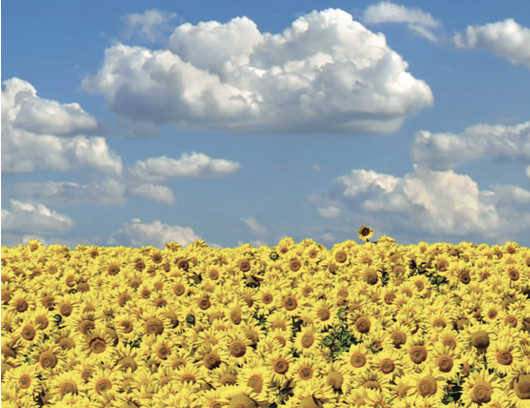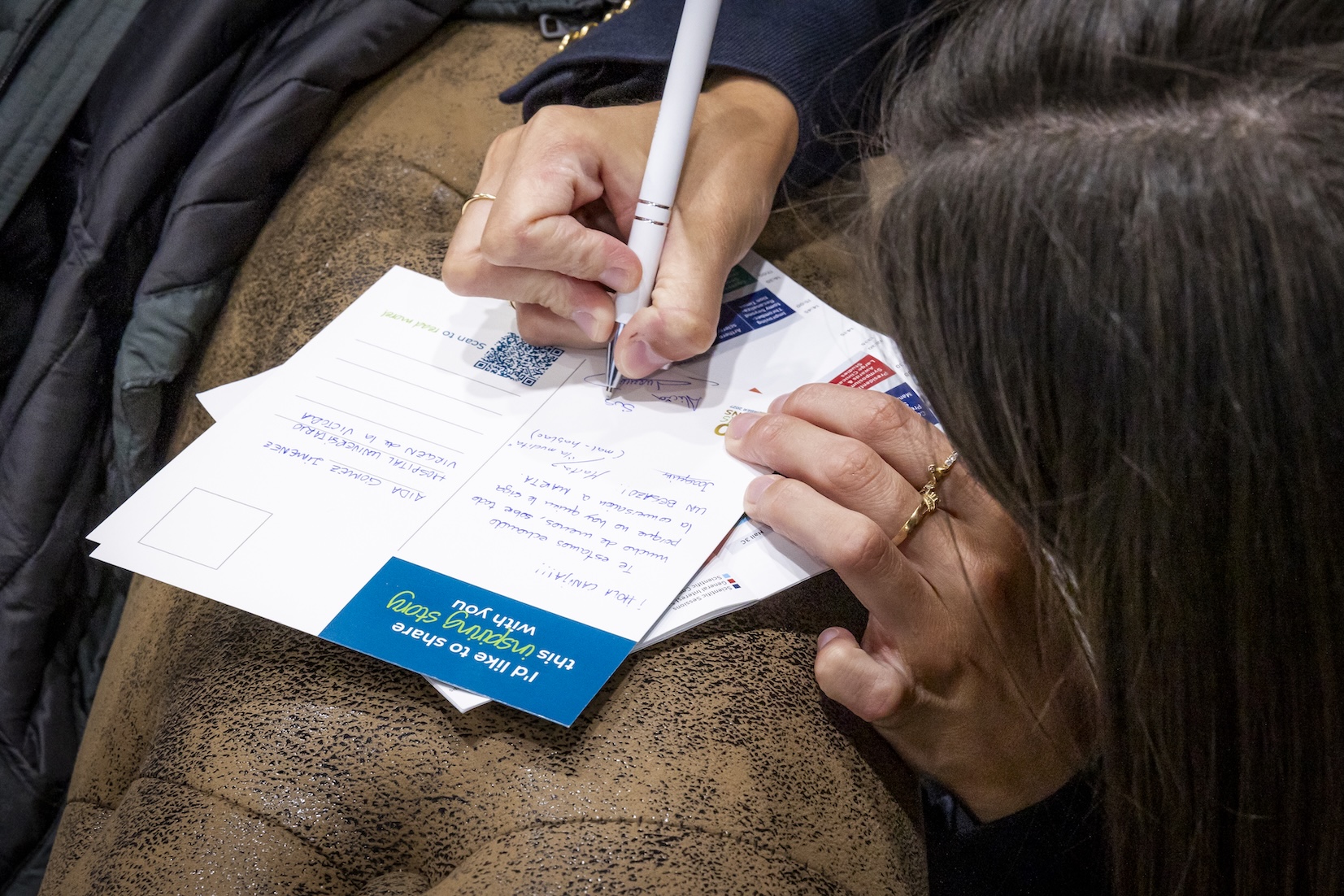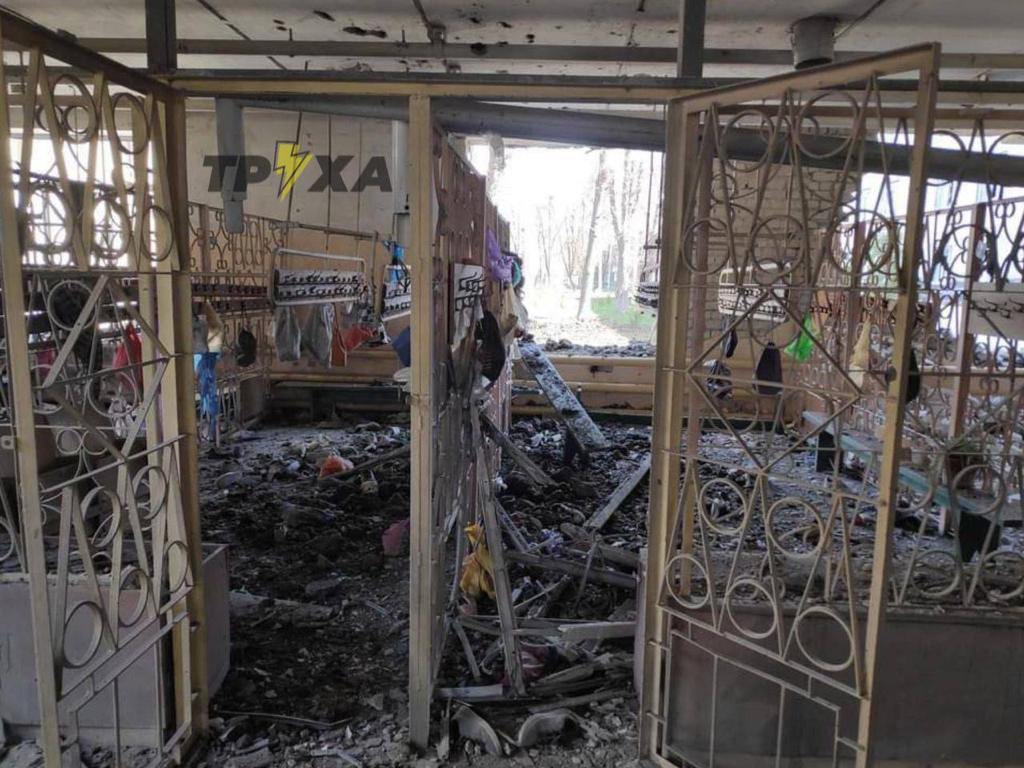
MARIIN PŘÍBĚH
V 5:00 ve čtvrtek 24. února konzultantka Angels Tamara Zabashta zavolala svým kolegům Levovi Prystupiukovi a Maria Sheverdinovi, aby jí předali informace, které právě získala od své nejlepší kamarádky v Kyjevě.
Ruští vojáci napadli Ukrajinu. Země byla ve válce.
Válka Maria začala o 30 minut dříve, když jí zavolala její dcera, 15letá Dasha. Ve svém rodinném domě v Kharkivu se dashaův pokoj nacházel na Belgorod Road a v sousední škole vzdálené méně než 50 metrů. Maria zaslechla hromu a havárii raket, které pršely v okrese Piatikhatki v Charkivu a exploze osvětlily místnost. O několik dní později škola ležela v troskách.
Maria a Tamara dorazili do Kremenets den předtím, když se vydali na první let do Lvivu a pokračovali v cestě autem, aby se zúčastnili dvoudenní konference EMS. Ale večer, kdy Maria vnímala „něco ve vzduchu“, se rozhodla konferenci předčasně opustit a vrátit se svým dětem v Charkivu.
Když Dasha volala ve 4:30, Maria už byla na letišti v Lvivu, kde měl let odletět do Kyjeva v 7:00. Odtud by pokračovala do Kharkiv, 1 000 km na východ. Maria říká: „Dosud to nevypadalo.“
Ale do 7 hodin byl letecký prostor nad Ukrajinou uzavřen pro civilní letecký provoz. Dostat se do Kharkivu a přidat se k Dasze a desetileté Varie v úkrytu pod domovem by Marii trvalo 41 hodin.
Tam zůstali dalších 10 dní v pasti, bezspavá Maria drží dcery v noci blízko.
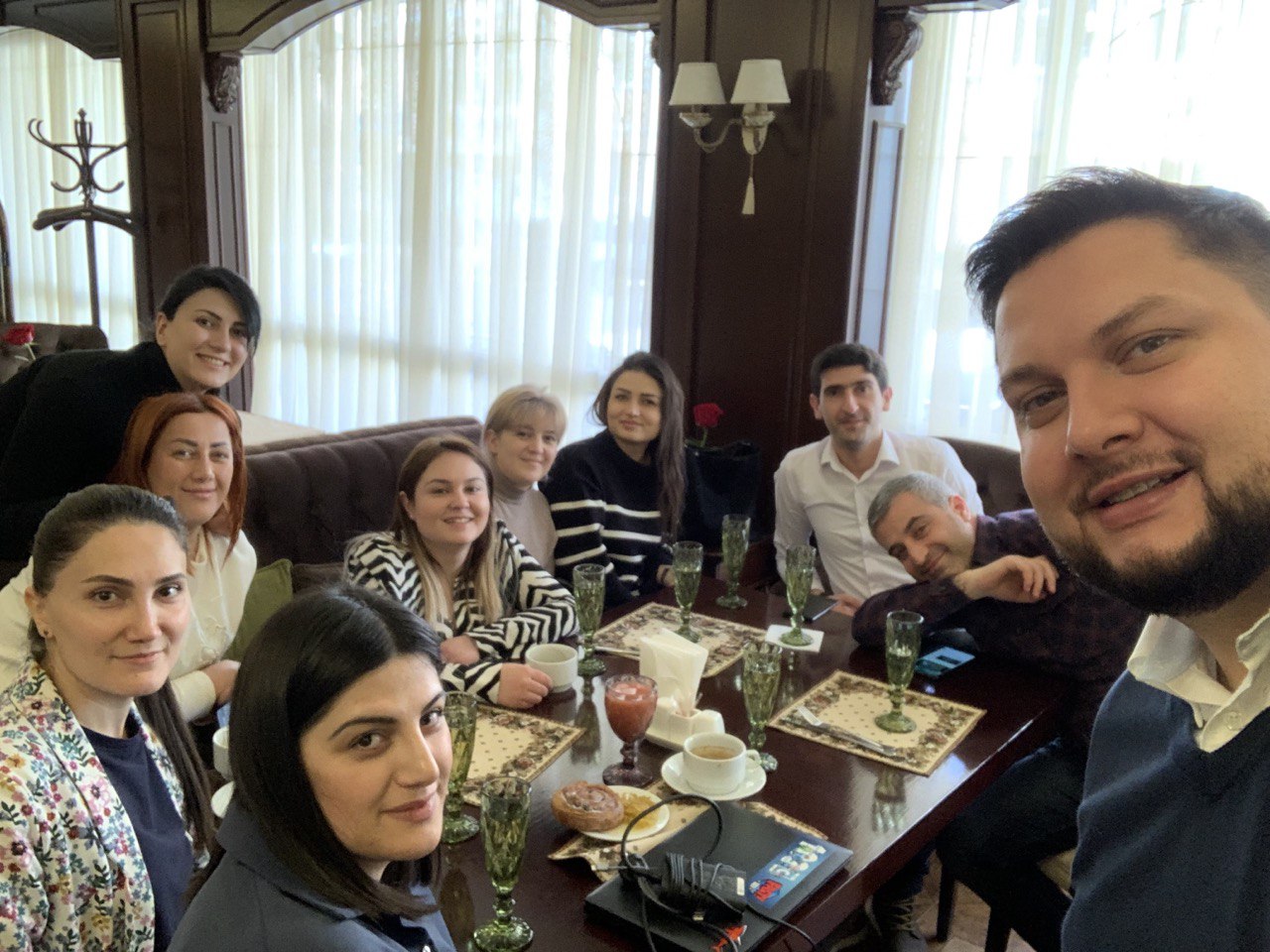
PŘÍBĚH LEV
Lev usnul, když Tamara přišel na hovor a zpočátku jí nevěřil. Pak opustil hotel, aby naplnil své auto a několik žerzejových plechovek palivem. Na čerpací stanici již byla dlouhá linka. Poté zkontroloval zásoby potravin a vody v útulku bomb v simulačním centru v Poltavě, pouhých 100 km jihozápadně od Charkivu.
Lev byl v Poltavě se skupinou lékařů z Arménie, kteří přišli na Ukrajinu na dva dny simulačního školení. Nyní vypukla válka, objevily se naléhavé obavy o bezpečný návrat arménské strany. Ale do pátku se mu podařilo zajistit jejich přesun do Kyjeva a jejich návrat do Arménie přes Rumunsko.
Potom Lev, který cestoval se svou rodinou do Lviva, se vydal do Kremenets, aby tamara a její manžel Franck vybrali.
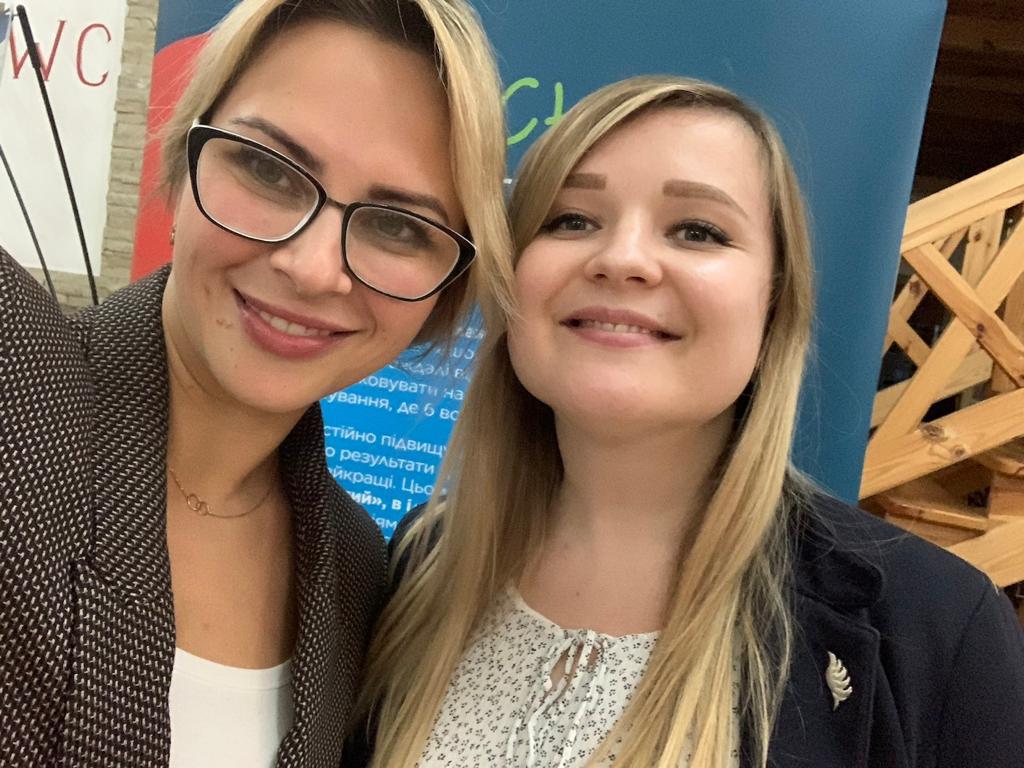
TAMARŮV PŘÍBĚH
Když se vojáci střetali v ulicích hlavních měst Ukrajiny, tým v ústředí Angels v Ingelheimu v Německu se potýkal s logistikou bezpečného převozu Tamary a Francka přes hranice s Rumunskem.
Nakonec nabídli průchod v autě s dostatkem paliva a řidičem se správným množstvím odvahy, Tamara a Franck pěšky přešli do Rumunska a strávili první noc spánkem na podlaze hostelu poblíž hranic. Tamara, která byla téměř tři měsíce těhotná, udělala vše pro to, aby zůstala v klidu, ale zprávy od Kyjeva znemožnily spánek.
Během tří týdnů, které strávili v hotelu v Bukurešti, zůstala přesvědčena, že válka skončí kdykoli, a že se vrátí na Ukrajinu, pokud ne dnes, pak určitě zítra.
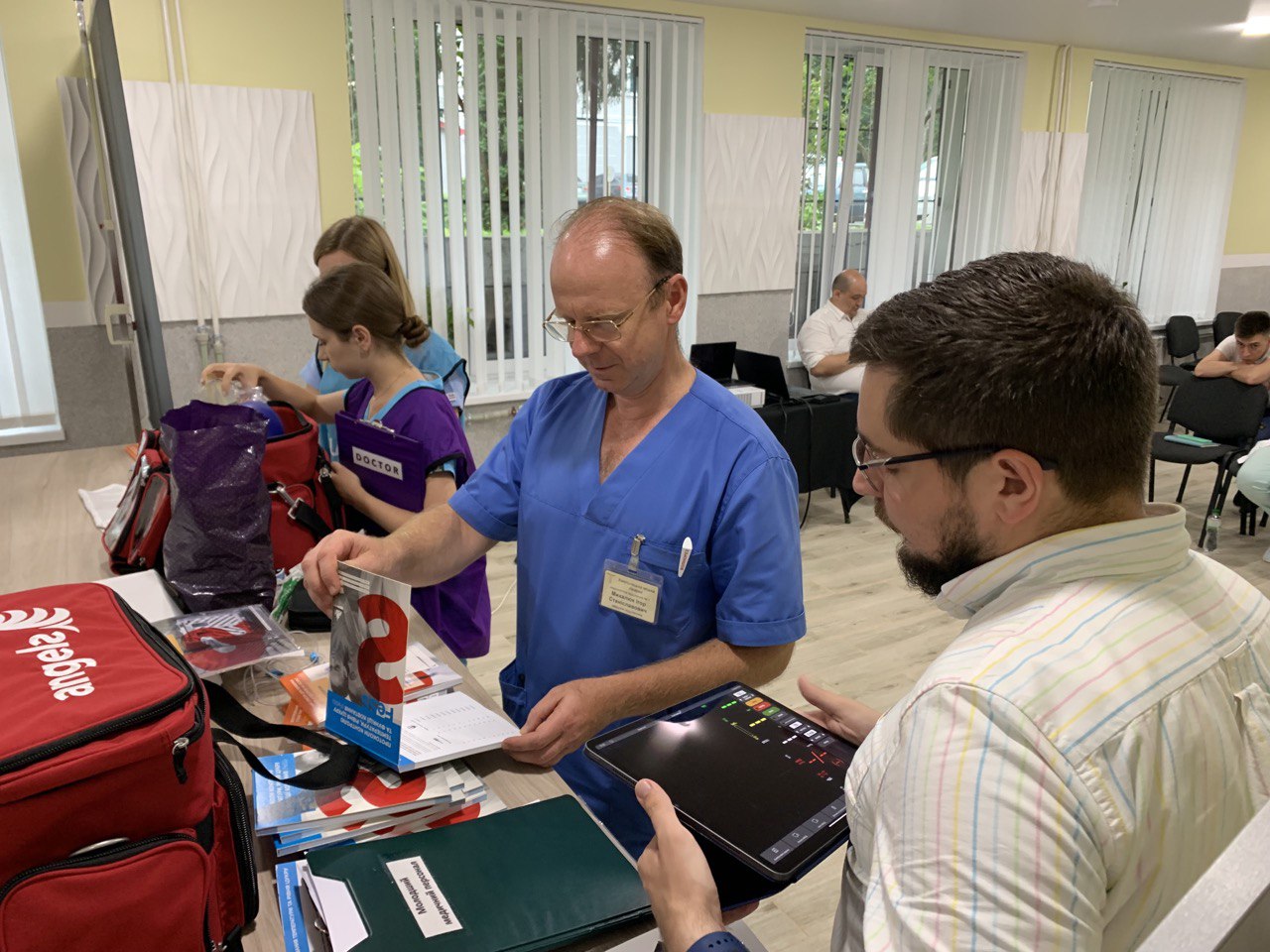
PŘED VÁLKOU
Když byla v roce 2016 na Ukrajině spuštěna iniciativa Angels, akutní péče o cévní mozkovou příhodu téměř neexistovala – s výjimkou Vinnytsie, kde byl profesor Sergii Moskovko hlavním neurologem na Vinnytsijské národní Pirogovské lékařské univerzitě. Spoluzakladatel společnosti Angels Jan van der Merwe říká: „Jakmile jsme pochopili, že jeho nemocnice sama zacházela s tolika pacienty s akutní rekanalizací, kolik jich bylo dohromady nemocnic ve zbytku země, dali jsme si za cíl pozvat se do nemocnice prof. Moskovka, abychom se od něj dozvěděli, jak dělat to, co se zdá být nemožné.“
Postupem času se seznámili s dalšími dvěma inovátory, kteří byli otevřeni novým způsobům práce – Dmytro Lebedynets, který je nyní vedoucím centra cévní mozkové příhody ve Feofanii Clinical Hospital, a jeho mladším bratrem Pavlem, který byl tehdy obyvatelem neurologie v Kharkivu. Spolu s bratry Lebedynetovými, prof. Moskovkem, Dr. Mykhailom Tonchevem a jeho týmem z nemocnice Sklifosofsky Poltava Regional Clinal Hospital bylo v nemocnici Sklifosofsky Hospital ve městě Poltavy na střední Ukrajině založeno simulační centrum financované Světovou bankou, kde se v roce 2018 konalo první simulační školení na Světový den mrtvice.
V době, kdy se Lev ráno vzbudil v Polsku, začala válka, se pro pacienty s mrtvicí na Ukrajině hodně změnila.
O tři roky dříve, v roce 2019, došlo v ministerstvu zdravotnictví země k obrovské politické změně ve vztahu k cévní mozkové příhodě – výsledkem je velká diplomacie a trpělivost Leva a jeho kolegů. Jejich strategií bylo ovlivnit klíčové názorové vůdce, kteří měli ucho ministra zdravotnictví. S podporou Světové banky a místních asociací a benigním vlivem profesora Moskovka dosáhli toho, co bylo o několik let dříve nemyslitelné.
V současné době bylo vyhrazeno více než 200 nemocnic, aby se staly středisky pro cévní mozkové příhody, a v průběhu roku 2020 ministerstvo zdravotnictví získalo 161 CT skenerů, které budou instalovány v těchto nemocnicích.
Nové vládní nařízení také aktualizovalo protokoly pro přednemocniční péči o cévní mozkovou příhodu.
Změna zásad však bez implementace nemůže uspět. Nyní je na konzultantech Angels, aby poskytli školení sanitárním službám a pomohli nově natřeným týmům pro léčbu cévních mozkových příhod vyřešit mezery ve znalostech, zvládnout pokyny pro léčbu akutní cévní mozkové příhody a optimalizovat jejich dráhu cévní mozkové příhody.
Ukrajinské školy mezitím nadšeně přijaly kampaň pro zvýšení povědomí o cévní mozkové příhodě FAST Heroes, která byla spuštěna v roce 2019. Během šesti měsíců se do programu zaregistrovalo 2 258 učitelů z více než 600 škol v zemi, kteří dosáhli téměř 27 000 dětí ze základních škol (nejvyššího počtu zařazených dětí v kterékoli zemi na světě). Jedna z nich, osmiletá žena žijící v Lvivu na západní Ukrajině, byla zmíněna v dokumentu BBC poté, co byla schopná rozpoznat známky cévní mozkové příhody, zachránila život své babičky.
Lviv byl z velké části neúnosný válkou až do 18. dubna, kdy do města zasáhly čtyři ruské rakety, zabily sedm lidí a zranily nejméně 11. K dalším útokům na infrastrukturu společnosti Lviv došlo v květnu, červnu a říjnu. Ale nejtěžší boj se konal na jihu a východě země a migrace na západ od lékařů s cévní mozkovou příhodou, jejichž vlastní nemocnice byly zničeny, se stala součástí mimořádného příběhu cévní mozkové příhody v nejtemnější hodině na Ukrajině.
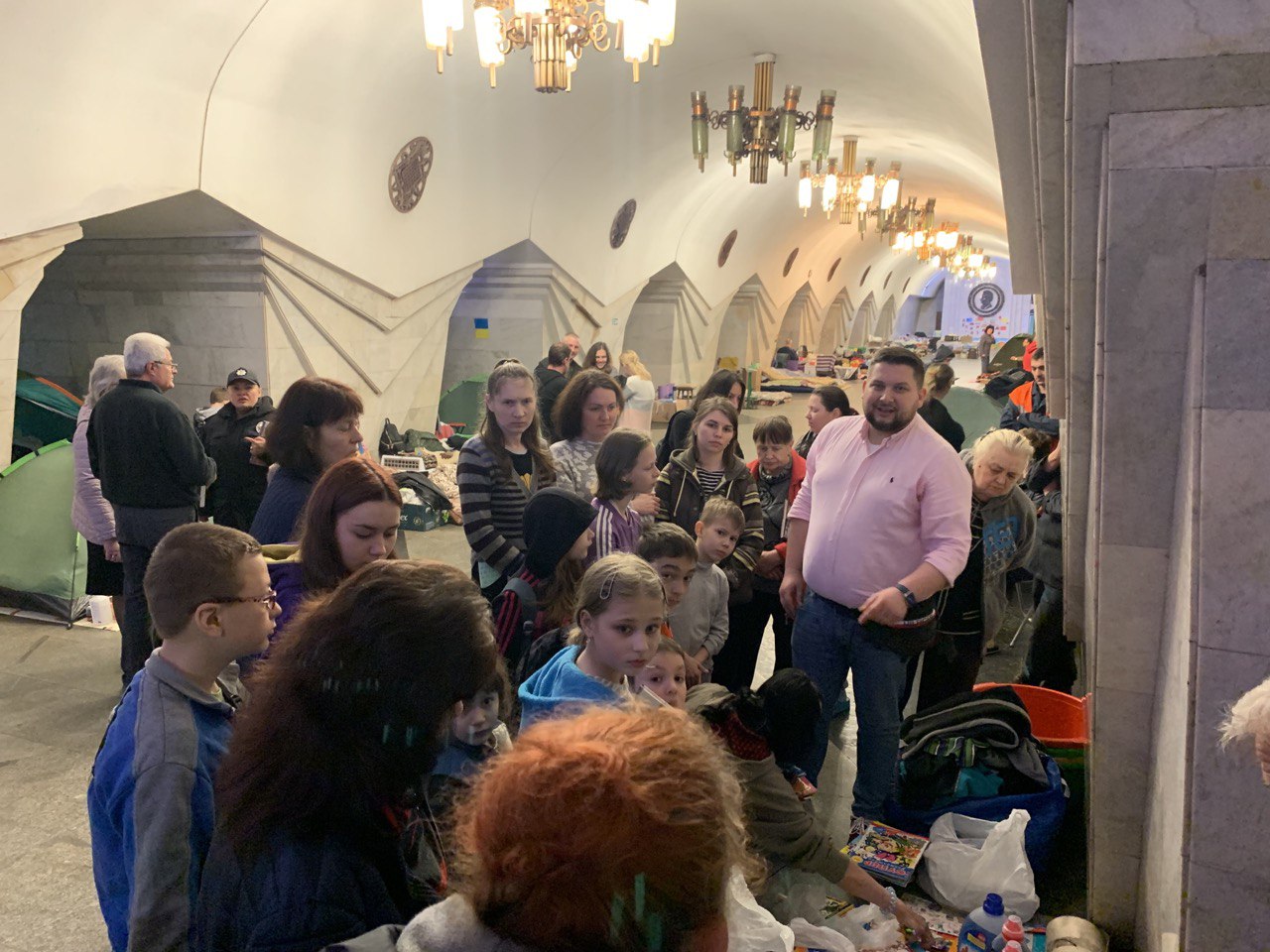
BĚHEM VÁLKY
Účinek Andělů na implementaci nové ukrajinské politiky týkající se cévní mozkové příhody byl exponenciální. V roce 2019 se počet pacientů s cévní mozkovou příhodou léčených trombolýzou téměř zdvojnásobil ze 480 v předchozím roce na 912. V roce 2020 toto číslo prudce vzrostlo na 1 573 a poté se v roce 2021 ztrojnásobilo na 4 598.
Zdálo se nevyhnutelné, že válka zabrzdí pokrok, ale navzdory raketám, které nesou odpad do velkých částí hlavních měst Ukrajiny, data získaná z prvních šesti měsíců naznačují, že v roce 2022 bude léčeno na akutní cévní mozkovou příhodu více pacientů než v roce 2021.
Jak je to možné?
Lev říká, že neexistuje žádný standardní operační postup pro boj s cévní mozkovou příhodou ve válce. „Neexistují žádné pokyny, žádný protokol. A během prvních několika týdnů po invazi nikdo o cévní mozkové příhodě opravdu nepřemýšlel. Nejdůležitější bylo zachraňovat lidi před bombami.“
Ale dlouhá válka o cévní mozkovou příhodu je nechala bojovat a během pandemie se naučili improvizovat.
Do dubna vedl tým Angels každý týden Zoom výzvy lékařů pro léčbu cévních mozkových příhod, což je projekt, který podpořila Drs Valeria Caso a Francesca Romana Pezzella z pracovní skupiny ESO Evropské organizace pro mrtvici pro Ukrajinu. Účast se brzy rozrostla z 30 na více než 100, protože lékaři z celé země volali po sdílení zkušeností a pocitu komunity.
Do června měl týdenní hovor formální program, který byl rozeslán e-mailem. Každý čtvrtek se konala prezentace světoznámého odborníka na cévní mozkovou příhodu a panelová diskuse vedená místním a mezinárodním moderátorem.
Dne 2. června bylo oznámeno, že Rusko kontrolovalo 20 % ukrajinského území, Dr. Michael Mazya ze švédského institutu Karolinska, hovořil o intravenózní trombolýze při akutní ischemické cévní mozkové příhodě.
Dne 9. června ruské síly převzaly město Sievierodonetsk, prezident ESO profesor Peter Kelly vytočil z Dublinu, aby promluvil o sekundární prevenci po cévní mozkové příhodě.
Dne 23. června ruští vojáci obklopili ukrajinské vojáky v osadách Zolote a Hirske, profesor Urs Fischer, vedoucí neurologie ve Fakultní nemocnici Basel ve Švýcarsku, hovořili o antikoagulaci po cévní mozkové příhodě.
Dne 14. července zabila raketová stávka na Vinnytsia 26 lidí, intervenční neurolog Dr. Marc Ribo z Barcelony ve Španělsku, přednášel o trombektomii a aspiraci.
Týdenní hovor nabídl lékařům šanci růst a učit se od těch nejlepších lidí na světě. Pro ty, kteří přišli o rodinného příslušníka, nemocnici nebo domov, to způsobilo, že se cítili méně osamělí.
Během výpadků v obydlených městech se lékaři účastnili těchto týdenních schůzek na temných chodbách pomocí mobilních telefonů. Nyní všichni na Ukrajině znali pravidlo dvou stěn. Jedna stěna zastaví projektil, druhá chrání před úlomky pláště. Jste bezpečnější na chodbě. V případě zničení budovy noste teplé oblečení.
Simulační školení bylo obnoveno v červnu. Cestování do Polska nebylo stále bezpečné, proto tým v Polsku prováděl simulace v nemocnicích v západních městech Uzhgorod, Mukachevo, Khmelnytskyi a Lviv. Školení pro týmy sanitek a zdravotní sestry se přesunulo online; v červnu se konal letní summit o cévní mozkové příhodě a v říjnu se plánuje akademie cévní mozkové příhody. Mezitím pokračovala práce v Arménii, Gruzii, Kazachstánu, Kyrgyzstánu, Moldavsku a Uzbekistánu. „Čím více toho musíme udělat, tím více toho děláme,“ říká Lev.
V měsíci po začátku války bylo trombolýzou léčeno 370 pacientů s cévní mozkovou příhodou na Ukrajině. V dubnu se počet zvýšil na 437 a v květnu na 457. V červnu počet pacientů léčených pro akutní cévní mozkovou příhodu (527) přesáhl počet v předchozím roce.
Lev a Maria rychle zdůrazní, že tyto statistiky neodrážejí situaci v celé zemi. Spíše vypráví příběh o tom, že více nemocnic začíná léčit mrtvici v oblastech méně postižených válkou. Implementace vládní politiky pro cévní mozkovou příhodu pokračovala jen zřídka, zatím pouze na novém místě.
Ani válka nemohla zastavit náš projekt, říká Lev. „Chápali jsme, že musíme zůstat klidní. Chápeme, že lékaři potřebují podporu komunity.
„Už jsme měli dobrý model Angels. Když jsme přesunuli své zaměření na západ, kde léčba cévní mozkové příhody nebyla dříve prováděna, přizpůsobili jsme ji novým okolnostem. Lze to snadno udělat. Dokonce i ve válečné době se konal model Andělů.“
Příliv lékařů z východu země znamenal, že péče o cévní mozkovou příhodu by mohla být rozšířena na dříve nedostatečně obsluhované oblasti. Jak migrace pokračovala, požadavky na vaky s cévní mozkovou příhodou a simulační školení pocházely z nemocnic, které dosud cévní mozkovou příhodu neléčily. Aby bylo možné držet krok s poptávkou, bylo nutné vytisknout více kontrolních seznamů.
„Všichni naši lékaři pokračovali v práci během války,“ říká Tamara. „Jsou to nejodvážnější lidé na světě. I kdyby museli opustit své město, i kdyby byla jejich nemocnice zničena, okamžitě by šli do jiné nemocnice, aby jim pomohli.“
Jsou příběhy, které je ještě příliš brzy na to, aby se vyprávěly. Stejně jako ten, který se objevil u lékaře Sumy na severovýchodní Ukrajině, který léčil pacienta s cévní mozkovou příhodou v době od dveří k jehle 10 minut, čtyři týdny do invaze. Toto jsou příběhy, které budou vyprávěny po válce.
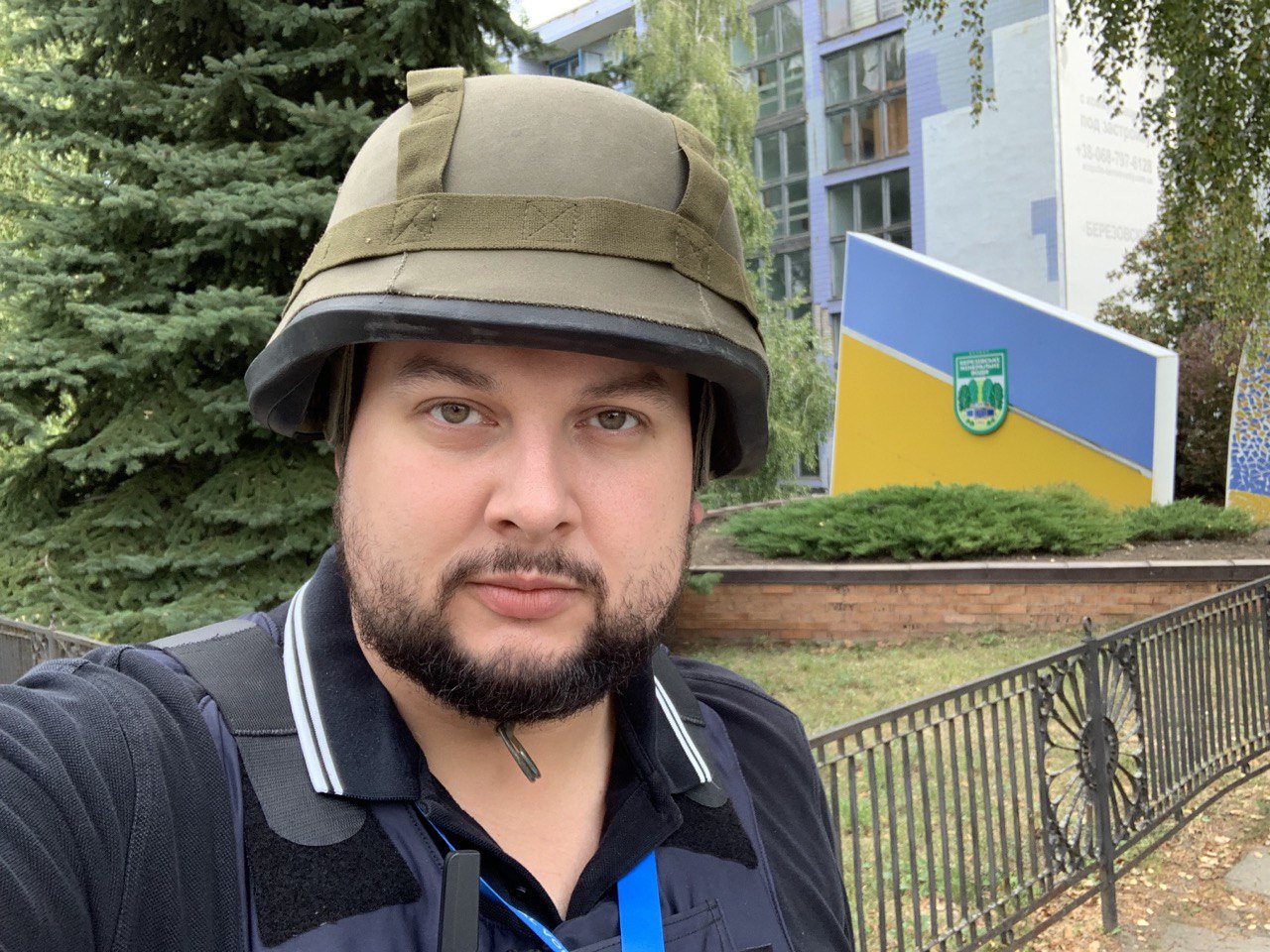
PŘÍBĚH LEV
Lev bydlí na Ukrajině a nyní žije v Kyjevu. Dne 27. února, pouhé tři dny války, se ucházel o práci dobrovolného lékaře. Když má volný čas od těchto a svých vojenských povinností, cestuje do nově osvobozených teritorií, aby poskytl lékařskou péči.
Jako lékař před nástupem do Andělů pracoval ve vzdálených venkovských oblastech Ukrajiny a poskytl lékařskou pomoc obětem záplav a tajfunů na Filipínách. To není, možná bych řekl, první rodeo Dr. Prystupiuka.
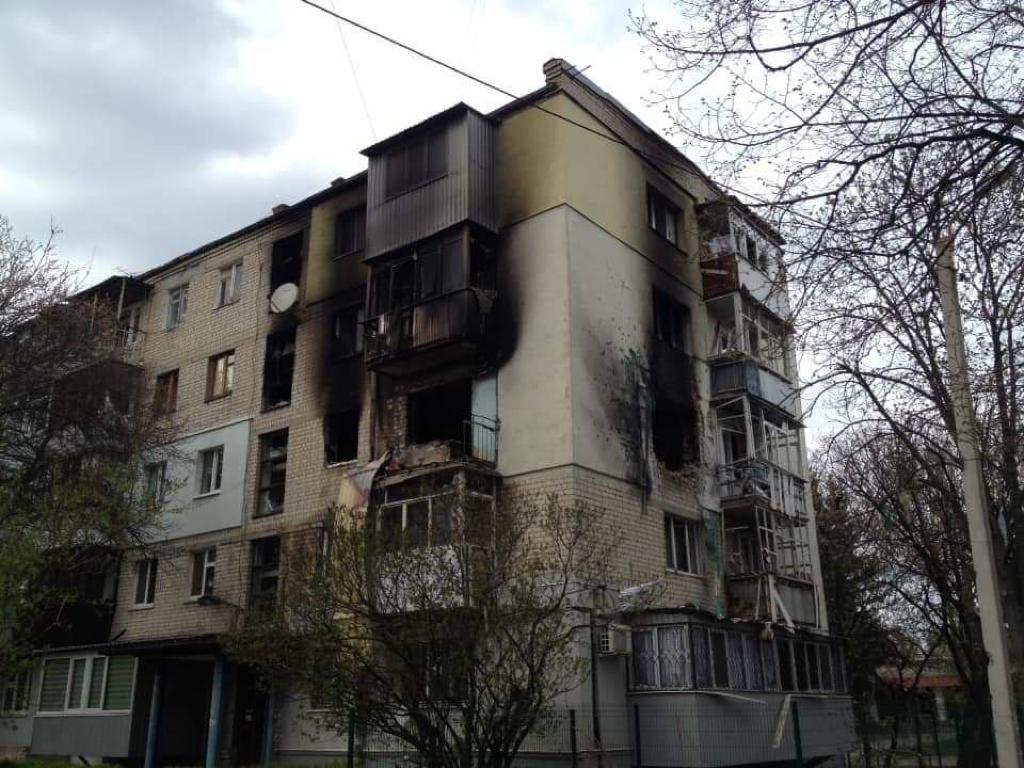
TAMARŮV PŘÍBĚH
Tamara a Franck strávili tři měsíce životem s Franckovou rodinou v jejich malém bytě ve Francii. V červnu, kdy se většina bojů přesunula na jih a východ od Ukrajiny a hlavní město se zdálo relativně klidné, se vrátili do Kyjeva, kde se 6. září narodilo dítě Margaux.
Ale 10. října, kdy ruské střely opět pršely na město, se dva výbuchy zavřely rozbitými okny v sousední budově a strávily další dva dny v útulku pro bombu.
„Při jízdě do útulku s jednoměsíčním dítětem, když slyšíte raketovou sirénu a pozorujete explozi oken, je těžké to popsat,“ říká Tamara.
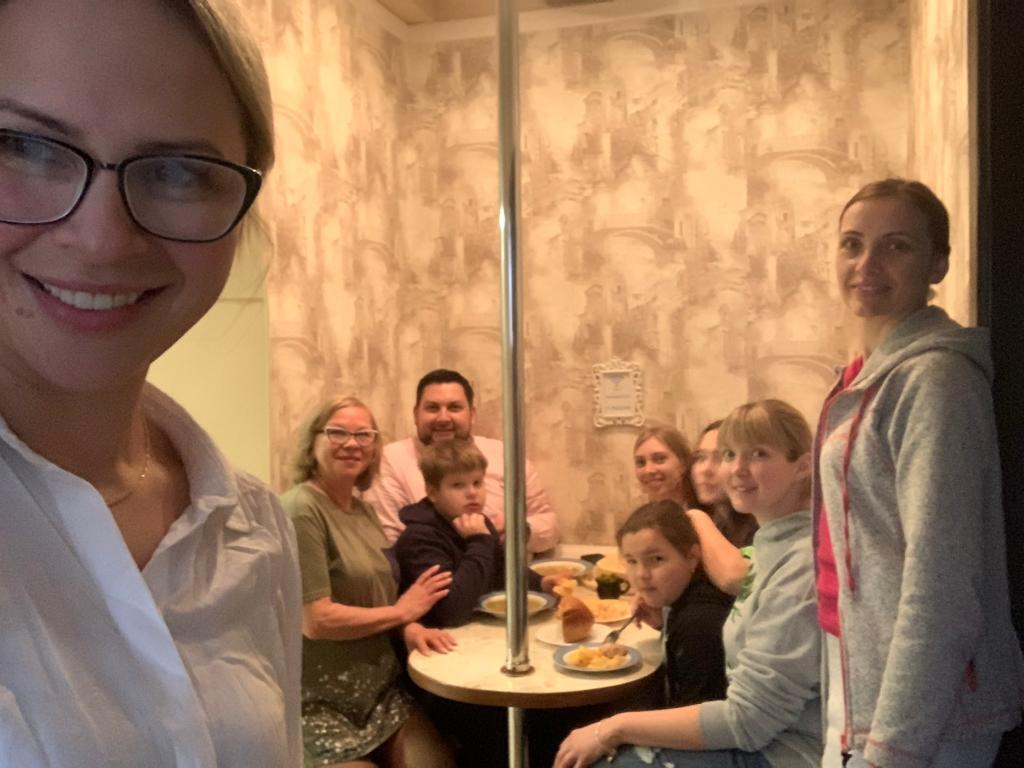
MARIIN PŘÍBĚH
Po 10 dnech pod zemí zachránil „angel“ Marii a její rodinu před válkou. Záchranná služba zprostředkovaná ředitelem ZZS pro region jim pomohla uniknout z útulku a jejich okresu. Zdálo se, že cesta 10 km na stanici, přes bojem vyvrácené ulice a výhružný les, trvá celý život.
Pak se naplnili vlakem navázaným na Lviv, Mariina zavazadla sestávající z tašky, kterou si zabalila na svůj dvoudenní výlet do Kremenets o dva týdny dříve.
S Levovou pomocí nakonec dorazili na hranici s Rumunskem, kde stáli šest hodin v řadě. Když hráč trumpetu začal hrát na ukrajinskou národní hymnu, opustil svou zemi a zpíval:
„Sláva a svoboda Ukrajiny ještě nezmizely....“
Maria, její dcery a matka žijí v blízkosti Ingelheimu v Německu a děti chodí do školy. „Tohle město se mi už líbí,“ říká, „i když strom v blízkosti mého domova (v Charkivu) je jiný než všechny ostatní stromy na celém světě.“
V srpnu vzala Maria Dashu a Variu na pobřeží. Když viděla dcery na pláži, celé a šťastné, byla ohromena myšlenkou, že jsou mezi šťastnými.
Vrátí se na Ukrajinu? „Chtěla bych se vrátit do 23. února,“ říká.
Marie hledá slova, která by popsala soucit a velkorysost, kterou získala od svých kolegů; je především ráda, že dělá práci, která jí dodává výživu. Alespoň dokud znovu neuvidí strom poblíž svého domu: „Anděls je země, komunita, domov“.
